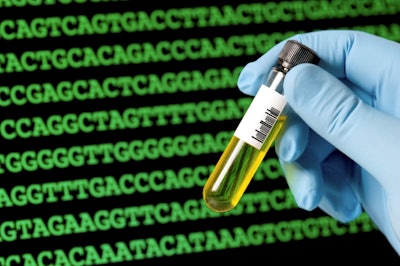
Investors are increasingly convinced that the chemical, pharmaceutical and cosmetics industries are close to capitalizing on recent breakthroughs in biology.
But their enthusiasm could be tempered by hesitancy on the part of the public and regulators to support what's known as "synthetic biology."
Experts at a conference in London told Reuters that synthesizing DNA is now significantly faster and cheaper than in years past, which enables scientists to essentially build new life from scratch.
Reuters noted that that the event was held just weeks after the announcement of a synthetic baker's yeast -- an example of how science could assemble relatively complex cells or organisms by manipulating a genetic code "like a programming language."
The parallels between the tech world and synthetic biology attracted prominent investors that previously struck it rich with Google, Facebook, PayPal and other tech giants.
"Synthetic biology companies are now becoming more like the disruptive, industrial-scale value propositions that define any technology business," tech investor Matt Ocko told Reuters.
Scientists' first attempt to deploy synthetic biology on a wide scale aimed to engineer algae to produce oil-free biofuels. Those efforts ran into technical and economic problems, but new start-ups are instead focused on highly specialized markets.
Their methods could help generate new medications or novel materials, such as clothing made from spider silk or a vanilla flavoring that doesn't rely on petrochemicals.
Critics, however, are worried about the unintended consequences of tinkering with life's basic building blocks.
"There are always pros and cons, and we owe people a fair and balanced assessment," Thomas Bostick — who leads a firm that's releasing genetically altered mosquitoes in Brazil — told the publication.






















